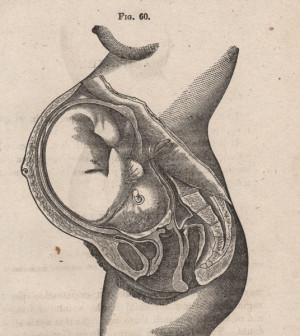- Are You Making This Expensive Thermostat Error This Winter?
- Recognizing the Signs of Hypothyroidism
- 10 Strategies to Overcome Insomnia
- Could Artificial Sweeteners Be Aging the Brain Faster?
- Techniques for Soothing Your Nervous System
- Does the Water in Your House Smell Funny? Here’s Why
- Can a Daily Dose of Apple Cider Vinegar Actually Aid Weight Loss?
- 6 Health Beverages That Can Actually Spike Your Blood Sugar
- Treatment Options for Social Anxiety Disorder
- Understanding the Connection Between Anxiety and Depression
Smoking More Likely Among Teens Whose Parents Light Up


Teen children of heavy smokers are more likely to try cigarettes and to become heavy smokers themselves, a new study suggests.
The researchers found that the more years a child was exposed to parental smoking, the greater the risk the child would experiment with smoking or even pick up the unhealthy habit.
These findings suggest that parents who smoke should quit smoking as early as possible in their children’s lives to reduce the chances that their children will take up smoking when they’re older, the researchers said.
“It is difficult to dissuade children from smoking if one or both parents are heavily dependent on cigarettes,” lead investigator Darren Mays, an assistant professor of oncology at Georgetown University Medical Center, said in a center news release.
“It is also important for parents who smoke to know that their children may model the behavior, particularly if a parent is nicotine-dependent,” he added.
The study included more than 400 New England parents and their 12- to 17-year-old children. Over five years of follow-up, the children of heavy smokers were more likely to have tried cigarettes or to have become smokers, according to the study published online May 12 in the journal Pediatrics.
“We believe social learning plays an important role in intergenerational smoking,” Mays said. “If social learning is key, then children can also learn from a parent who smokes that it is possible — and wise — to quit.”
Pediatricians need to monitor the smoking habits of their patients and their patients’ parents. “For parents who want to quit, help can be provided,” Mays said.
Although this study found a link between parental smoking and the likelihood that a child would smoke too, it wasn’t designed to prove that the parents’ smoking actually caused the child’s behavior.
More information
The U.S. Centers for Disease Control and Prevention has more about youth tobacco prevention.
Source: HealthDay
Copyright © 2026 HealthDay. All rights reserved.










